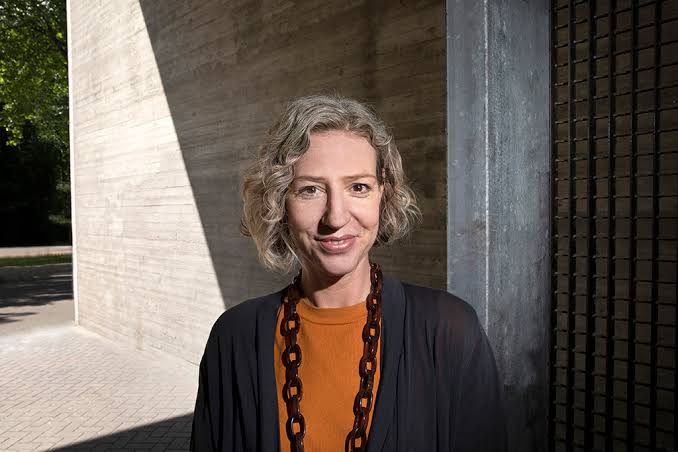
Principal speaker
Professor Elies van Sliedregt
Other speakers
Elies van Sliedregt is Professor of Criminal Law & Procedure at Tilburg University, the Netherlands. She is principal investigator of the ERC Advanced Grant project Joined Up Justice - Building a Global Justice System at the Domestic Level. Her research focuses on the interplay between international criminal law, refugee law, and domestic criminal law. Van Sliedregt was the 2015 Holding Redlich fellow at the Castan Center for Human Rights at Monash University, Melbourne and, in 2018, appointed as Fellow of McLaughlin College, York University, Toronto. She is member of the Royal Netherlands Academy for Arts and Sciences (KNAW), sits on the Advisory Committee on Public International Law (CAVV) and is a trustee of the British Institute of International and Comparative Law (BIICL).
The Law Futures Centre would like to invite you to a seminar by Elies van Sliedregt is Professor of Criminal Law & Procedure at Tilburg University, the Netherlands.
Abstract
There is general consensus that the future of ICL is domestic. The prosecutor of the International Criminal Court (ICC) in an interview stated that "Justice is best done at home. The best place for justice is national courts, by national judges, with national authorities who know the country very well. The ICC is not the default. It is a court of last resort". Since the establishment of the ICC in 2002, domestic courts have been more active in prosecuting international crimes (genocide, war crimes, crimes against humanity and aggression). Signing up to the ICC and its system of complementarity means accepting the responsibility to try perpetrators of international crimes at home. The ICC is very keen to stress, in its last annual report, it is not a an apex court (highest instance) but a justice hub: it collaborates and coordinates with domestic states in ensuring there is an end to impunity. An important vehicle for this is the principle of universal jurisdiction (UJ). This principle enables prosecution - or extradition - of international crimes committed by non-nationals outside a state's territorial jurisdiction. The concept of UJ is, however, contested. What justifies the assertion of jurisdiction beyond the territoriality and nationality principles? In exercising UJ, what legal, procedural and diplomatic factors should states take into account?
Event categories
RSVP
RSVP on or before Monday 19 February 2024 09.38 am, by email lawfutures@griffith.edu.au , or by phone 0737355058
Event contact details
- Law Futures Centre
- 0737355058